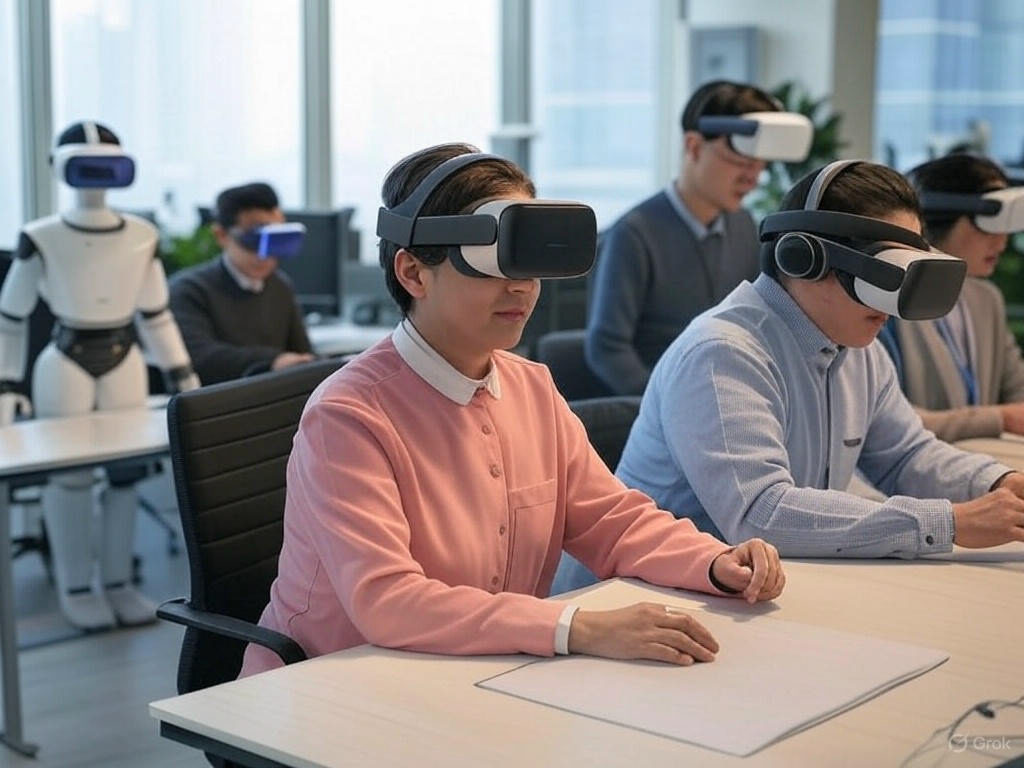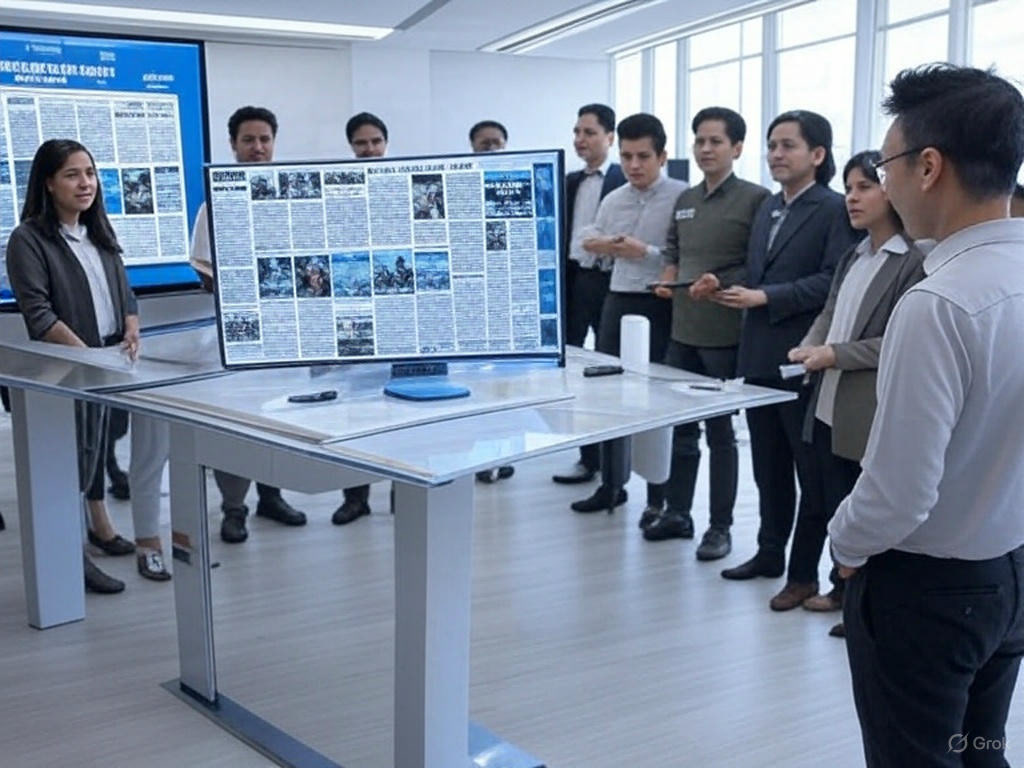AI in Healthcare
Artificial Intelligence (AI) is no longer a futuristic concept—it’s already reshaping industries worldwide. One of the sectors poised for the most dramatic transformation is healthcare. By 2030, AI will revolutionize how we diagnose diseases, personalize treatments, and manage patient care. In this blog post, we’ll explore the keyways AI will impact healthcare in the next decade.
1. Precision Medicine & Personalized Treatment
AI will enable truly personalized medicine by analyzing vast amounts of patient data—genetic information, lifestyle factors, and medical history—to recommend tailored treatment plans. Machine learning algorithms will predict how individuals respond to medications, reducing trial-and-error in prescriptions and minimizing side effects.
By 2030, AI-powered tools could help doctors:
Identify the most effective cancer therapies based on a patient’s tumor genetics.
Predict disease risks years in advance using predictive analytics.
Adjust treatment plans in real-time based on continuous health monitoring.
2. AI-Assisted Diagnostics & Early Detection
AI is already outperforming humans in detecting diseases like breast cancer and diabetic retinopathy from medical imaging. By 2030, AI-powered diagnostic tools will be even more advanced, enabling:
Faster and more accurate diagnoses – AI will analyze X-rays, MRIs, and CT scans in seconds, flagging abnormalities with near-perfect accuracy.
Early disease detection – Wearables and AI algorithms will detect early signs of conditions like Parkinson’s, Alzheimer’s, and heart disease before symptoms appear.
Automated lab analysis – AI will process blood tests, pathology slides, and genomic data faster than human pathologists.
3. Robot-Assisted Surgery & AI Surgeons
Robotic surgery systems like the da Vinci Surgical System are just the beginning. By 2030, AI-driven surgical robots will:
Perform minimally invasive procedures with superhuman precision.
Use real-time data to adjust techniques during operations.
Reduce recovery times and surgical complications.
Surgeons will work alongside AI as "co-pilots," with machine learning providing real-time recommendations during complex procedures.
4. Virtual Health Assistants & 24/7 Patient Monitoring
AI chatbots and virtual nurses will become standard in patient care, offering:
Instant medical advice – AI assistants will triage symptoms, recommend treatments, and even prescribe medications (where permitted).
Remote patient monitoring – Wearables and smart implants will track vital signs, alerting doctors to emergencies before they happen.
Mental health support – AI-powered therapy bots will provide cognitive behavioral therapy (CBT) and emotional support for patients with anxiety or depression.
5. Drug Discovery & Accelerated Research
Developing new drugs is expensive and time-consuming—AI is changing that. By 2030, AI will:
Predict drug interactions – Machine learning models will simulate how new compounds behave, speeding up preclinical trials.
Repurpose existing drugs – AI will identify new uses for old medications, cutting R&D costs.
Design personalized drugs – Pharma companies will use AI to create bespoke treatments for rare diseases.
6. AI in Hospital Management & Workflow Optimization
Hospitals will use AI to streamline operations, reducing costs and improving efficiency:
Predictive staffing – AI will forecast patient admissions, optimizing staff schedules.
Fraud detection – Machine learning will identify insurance fraud and billing errors.
Supply chain automation – AI will manage inventory, ensuring critical supplies are always available.
Challenges & Ethical Considerations
While AI promises immense benefits, challenges remain:
Data privacy – Ensuring patient data security is crucial.
Bias in AI models – Algorithms must be trained on diverse datasets to avoid discrimination.
Regulation & trust – Governments must establish guidelines for AI in healthcare while maintaining transparency.
Conclusion: The AI-Powered Healthcare Revolution
By 2030, AI will be deeply integrated into healthcare, making medicine more precise, efficient, and accessible. From early disease detection to robotic surgeries and AI-driven drug discovery, the future of healthcare is intelligent, proactive, and patient-centric.
Related Posts

The Future of work

News media Industry

